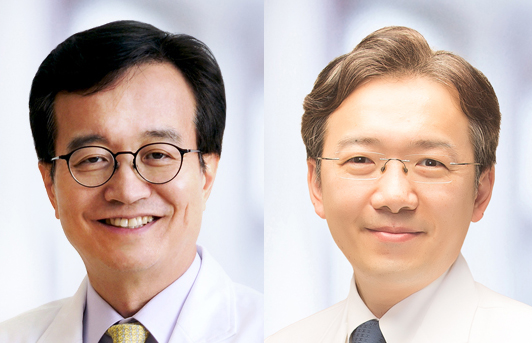Researchers at Seoul National University Hospital (SNUH) have discovered that continuous ultraviolet (UV) exposure can increase appetite while preventing weight gain.

The study showed that chronic UV exposure promotes the expression of the neurotransmitter norepinephrine, which is crucial in regulating energy metabolism. According to SNUH, this leads to increased appetite and reduced body weight.
UV light significantly regulates the body's metabolic processes, which involve synthesizing and breaking down energy.
Previous research by the team indicated that UV exposure reduces subcutaneous fat content and decreases the secretion of adipokines, hormones produced by fat tissue. However, the precise mechanisms of UV light regulate systemic energy metabolism have not been clearly understood.
As a result, the team, led by Professors Chung Jin-ho and Lee Dong-hun of the Department of Dermatology, conducted an experiment in which they exposed mice fed either a normal diet or a high-fat diet to UV light three times a week for 12 weeks.
The results revealed that mice exposed to UV light exhibited decreased expression of leptin, a hormone that suppresses appetite, leading to increased food intake compared to the control group that was not exposed to UV light.
Despite the increased appetite, the UV-exposed mice did not gain more weight than the control group.
The researchers attributed this to the browning of white adipose tissue in the UV-exposed mice. In this process, the researchers said white fat, which stores energy, transforms into brown fat, which generates heat and burns energy.
This process led to higher energy expenditure, offsetting the increased food intake., they added.
Further analysis indicated that norepinephrine, a hormone released during stress or danger and acting on the sympathetic nervous system, mediates the increase in appetite and energy expenditure induced by UV exposure.
The UV-exposed mice showed significantly elevated levels of norepinephrine in their skin. When norepinephrine synthesis was inhibited, the mice consumed less food and gained more weight than those with normal norepinephrine levels.
The research team also confirmed that UV exposure influences metabolic activities, such as appetite and weight, through the induction of norepinephrine in the skin. They emphasized the potential of UV light in managing obesity and metabolic disorders.
"We plan to conduct further research to develop new treatment strategies for obesity and metabolic disorders by mimicking the metabolic regulatory effects of UV light," Professor Chung said. "However, as UV exposure is a major risk factor for skin cancer, it is advisable to minimize exposure and use sunscreen to protect the skin."
The study results were published in the Journal of Investigative Dermatology.

